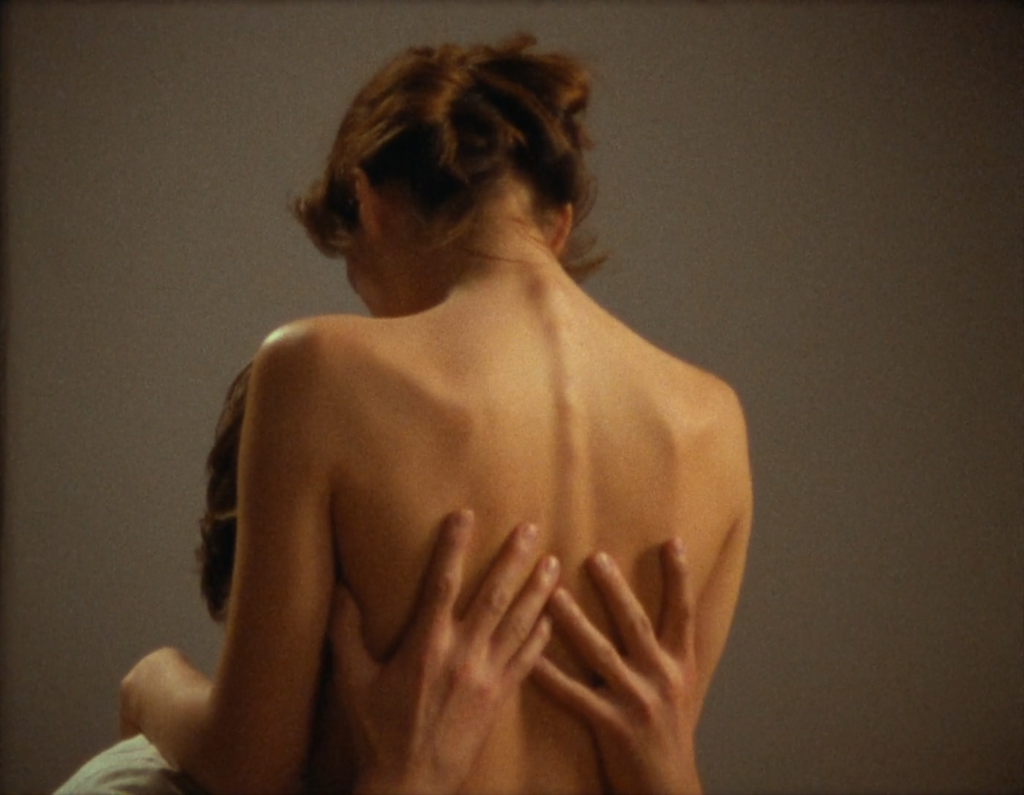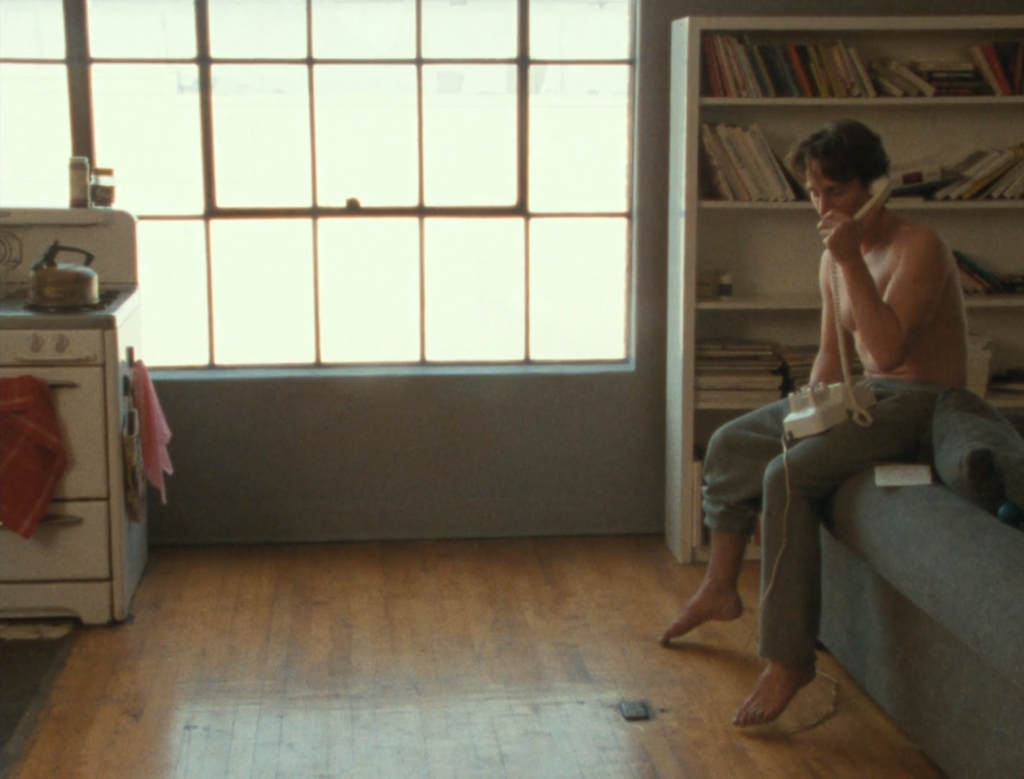No Payne, no gain
I find voyeuristic pleasure peeking back at student films and low-budget debuts of well-regarded directors, getting a glimpse into their early development and glimmers of their maturing style. Alexander Payne’s 45-minute The Passion of Martin, made as a thesis for his MFA degree, is quite accomplished for a student film and remains an enjoyable watch even 32 years later without grading it on a curve. And the film unmistakably reflects Payne’s style, at least the early portion of his career in Citizen Ruth and Election: The Passion of Martin balances a variety of comedy and drama tones, unafraid to undercut its bleakest moments with bursts of dark humor, and vice versa.
The Passion of Martin follows Martin (Charley Hayward), a pretentious fine art photographer crippled by inner demons that fuel his corrosive worldview and striking photography. Martin’s twisted perspective, which we experience via voiceover (a tool Election would perfect), seems at first to come out solely in his art, but after beginning a romance with a patron of his show, Rebecca (Lisa Zane), his narcissism and psychoses lead him on a disturbing downward spiral. Payne fully commits to depicting Martin’s unraveling psyche, plunging his obsession with Rebecca into cringe-inducing scenarios that avoid exploitation but remain tough to endure.

Martin’s repellent nihilism remains the film’s biggest drawback, as Payne denies him any sympathetic traits. Rather, his protagonist reads like a caricature of a toxic, cerebral posturing and masculine insecurities taken to their worst extremes. I can’t help but wonder if The Passion of Martin was a self-deprecating thought experiment for Payne to confront his own self-doubt, hyperbolizing his own demons and dark imagination. It’s not the last time that one of Payne’s characters would feel too specific and personal to be an act of imagination rather than reflection: for example, Election’s Tracy Flick, the insufferable overachiever whose ambition backfires, or Sideways’ relentlessly horny Jack.
For all its cynicism, I still gladly recommend The Passion of Martin to curious Payne fans and viewers with strong constitutions. Payne displays remarkable directorial command for a debut, seamlessly blending a whole smorgasbord of genres: The film is part erotic thriller, part cringe comedy, part espionage pastiche, and part psychological breakdown. Extended sequences make use of terrific visual storytelling, often accompanied with Martin’s haunting voiceover. Despite lacking the polish of his proper feature-length releases, the film has Payne’s signature skill in modulating various dark tones for both dramatic and comic effect.

The film ends with a great bit of black irony, a tone that Payne would explore deeply in his first two feature films (and, to diminishing degrees, in his next two). But Payne’s own relentless commitment to his unlikeable protagonist results in an unsettling character study. For the Payne-heads and the morbidly curious, The Passion of Martin makes for a striking debut.
- Review Series: Alexander Payne
Is It Good?
Good (5/8)
Awards, Honors, & Rankings
- Alexander Payne Films Ranked - Honorable Mention
Dan is the founder and head critic of The Goods. Follow Dan on Letterboxd. Join the Discord for updates and discussion.

